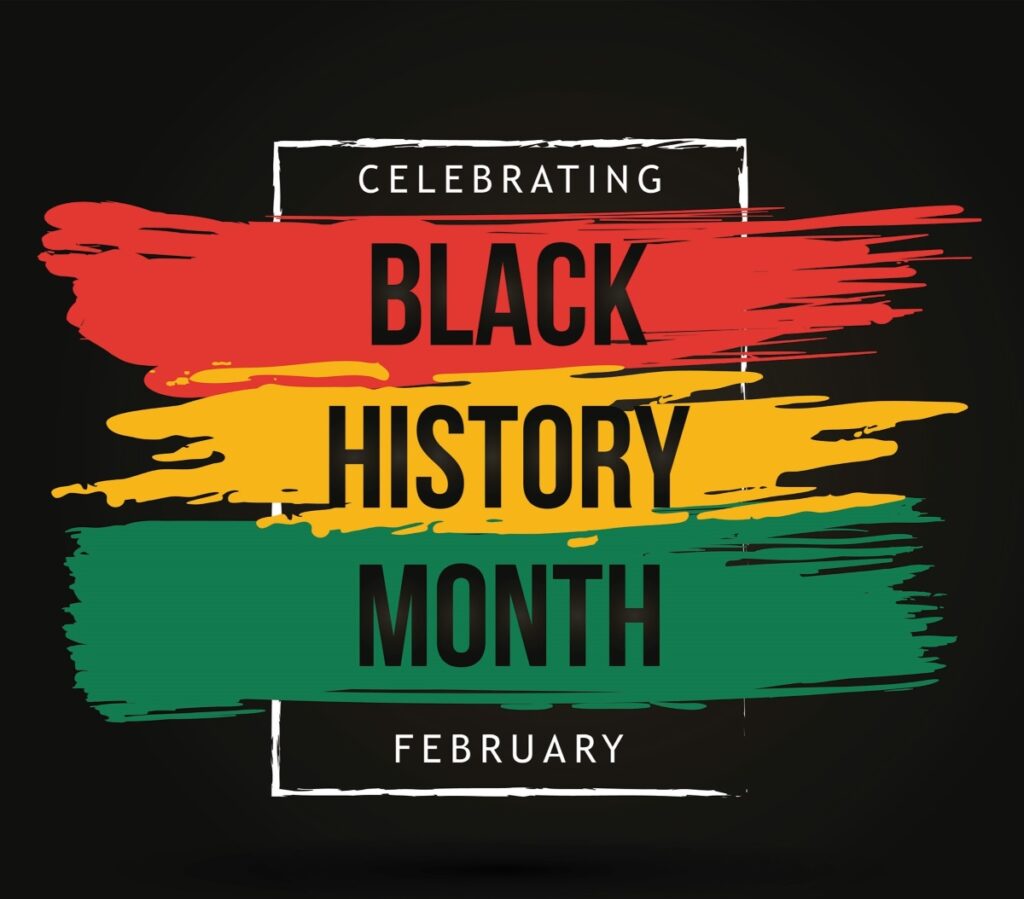
The Milwaukee County Zoo is proud to honor these African American environmentalists and conservation organizations who have made history and continue to preserve and protect our planet for future generations.
We are grateful to the many Black leaders in the environmental movement for their innovative ideas and tireless dedication.
Colonel Charles Young — 1864-1922
Charles Young was born to parents who escaped enslavement and shortly after, his father joined the U.S. Colored Heavy Artillery in 1865. His family moved from Kentucky to Ohio, where Young did exceptionally well in school, and was encouraged to apply to West Point. He was only the third African American to graduate from that institution. Despite racial animosity, he excelled in his career and was promoted multiple times, receiving the rank of Colonel.
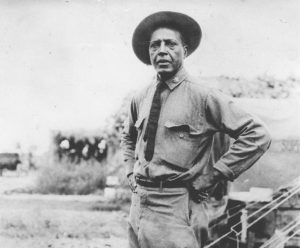
In 1903, Young became the first Black national park superintendent; he and his troops managed what is now Sequoia National Park in northern California. It was not uncommon for the U.S. Army to try to protect the national parks in those early years. Young and his troops enlisted local townsfolk to help, constructing roads and stopping poaching, illegal logging, and sheep grazing.
Wangari Maathai — 1940-2011
Dr. Wangari Maathai was a Kenyan scholar and an internationally recognized environmental and human rights activist. In 1977, she founded the Green Belt Movement which introduced the idea of planting trees to help conserve the environment. The Green Belt Movement also works with local communities to hire women’s groups to plant the trees — to not only improve the local environment but also improve the lives of the people living in it. This holistic sustainability project has led the Green Belt Movement to be incredibly successful having planted over 51 million trees to date.
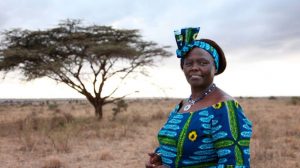
Maathai was the first African woman to receive the Nobel Peace Prize in 2004, the first person to receive the Nobel Peace Prize in the name of environmental efforts, as well as the first woman from East and Central Africa to receive a doctorate. In 2002, she was elected to the Kenyan parliament with 98% of the vote and served as the Assistant Minister for Environment, Natural Resources, and Wildlife.
Outdoor Afro
National not-for-profit organization Outdoor Afro began as a blog in 2009 by Founder and CEO Rue Mapp. Outdoor Afro’s mission is to celebrate and inspire Black connections and leadership in nature. The same family reunion experiences Mapp had growing up on a California farm.
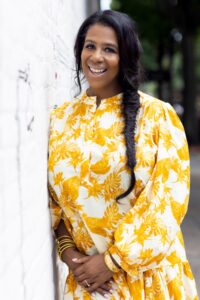
Through outdoor education, recreation, and conservation, Outdoor Afro creates local experiences that reconnect Black people to land, water, and wildlife. Outdoor Afro selects and trains more than 100 Black volunteer leaders who organize nature-based meet-up experiences, building community across 32 states (including Washington, D.C.) throughout the country. The not-for-profit’s participation network has reached 60,000 people annually and continues to grow.
John Francis, “The Planetwalker” — 1946-
After witnessing an oil spill in San Francisco Bay, Dr. John Francis chose to travel the United States for 22 years without using motorized vehicles to raise awareness for the needs of our environment. He spent most of that time walking and spent 17 years not speaking to cultivate his listening skills. In addition to both a bachelor’s and master’s degrees, he also earned a Ph.D. in land resources from the University of Wisconsin at Madison.
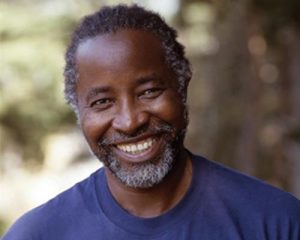
He believes the way we treat each other is a mechanism for how we treat the Earth. Francis became National Geographic Society’s first Education Fellow in 2010 and is currently program director for Planetwalk, a nonprofit environmental awareness organization. His goal is to educate people about the physical environment as well as the human one.
Color in the Outdoors
Color in the Outdoors (CITO) is a Wisconsin-based organization that aims to make the natural world a space for everyone. Founded by Christopher Kilgour, the guiding principles of CITO include sustainability, education, and mentorship. Kilgour’s love of nature from a young age, along with the desire to foster that appreciation in others, shines through in the organization’s activities, resources, and partnerships. Through CITO, participants at a variety of skill levels might find themselves hunting, kayaking, fishing, and more — possibly for the very first time.
CITO is forward-thinking, also striving to foster the next generation of environmental stewards while expanding the narrow viewpoint of what an outdoorsperson might look like. By providing opportunity — as well as the necessary gear and instruction — people can connect and deepen their relationship with the diversity of our natural world.
The BIPOC Birding Club of Wisconsin
A community of people of color and allies who love birds, the BIPOC Birding Club of Wisconsin champions the message that birding is for all. Co-founders Dr. Jeff Galligan and Dexter Patterson drive the organization’s outdoor birding activities and experiences, along with Coordinators for the greater Milwaukee and Madison areas. BIPOC birders and allies of varying skill levels, interests, and ages are welcomed and encouraged. Participants can learn all about birds, their habitats, and what makes them unique as they explore the scenery of Wisconsin — all while connecting with others in safe, inclusive spaces.
© 2024 Milwaukee County Zoo. All Rights Reserved | Privacy Policy